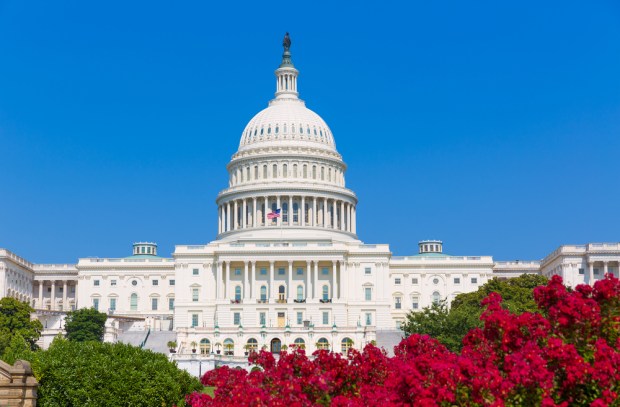CFPB And The Lonely Battle Against Debt Collection Fraud … And Congress

In a hearing up on Capitol Hill, CFPB Director Richard Cordray detailed his agency’s record on the continuing fight against financial fraud, and some Republicans were less than impressed.
The halls of Congress tend to be stately and sedate and so are the hearings — usually. But there’s always room at the witness table for a hot seat.
On Thursday (April 7), the embered seat — embered and not fiery, as the hearing was relatively calm compared to past appearances — was occupied by the director of the Consumer Financial Protection Bureau, Richard Cordray, who came armed with some statistics and a defense of the CFPB’s methodologies, largely dismissed by Republican senators. The jousting remained part of the backdrop surrounding the agency’s most recent semi-annual report.
The debate was a traditional one in government, centering on the reach of an agency and how far that reach should be. The Republican side of the Senate Banking Committee was less than enthused about the idea of regulations centered on credit (and beyond).
Any discussion on regulation must address the landscape that regulation polices. To that end, the director said he had no desire to come bearing the façade of a “happy talker,” who sees the proverbial credit glass as being “half full when there’s just a few drops in it.” And yet, the overall marketplace is one where credit is beginning “to expand again” in both mortgage products and in the credit card markets.
That’s a good thing but invokes the counterargument that too much of a good thing needs restraint, which is maybe not the case here because the green shoots are just beginning to shoot. But then, the flip side of the coin — posed by Republicans — is whether regulation can choke off innovation and organic growth before it really takes root beyond green shoots.
So, the joust began, with the CFPB head stating that the agency’s mandate and mission to curtail egregious lending in autos (where $300 million has been recovered) and, of course, consumer loans that tie in with predatory practices (payday loans) are helpful and do not, in fact, cut off access to financial products.
One key stat: The $300 million that came from the (indirect) auto lending restitution was done with identification of borrowers acquired through zip codes and last names, which led to criticism that such a methodology would be itself suspect to error or fraud.
But Cordray implied the proof is in the pudding, with growth in mortgages and credit union enrollments (and yes, even auto loans) over the past five years, since the CFPB’s inception, as displays of what has worked and what is working. Thus garnering the support of Democrats on the committee, who said that Republicans thought the CFPB was a good target as “ideological roadkill.”
On payday lending, which is shaping up to be a touchstone issue, FinTech is likely to have a role, stated the director. The movement toward a convergence between technology and small loans is one that would be long-lasting, far beyond the introduction of the first proposed rule tied to the industry. The landscape presents some “real opportunities” for FinTech players, even against lending practices that could prove to be “tricky.”
